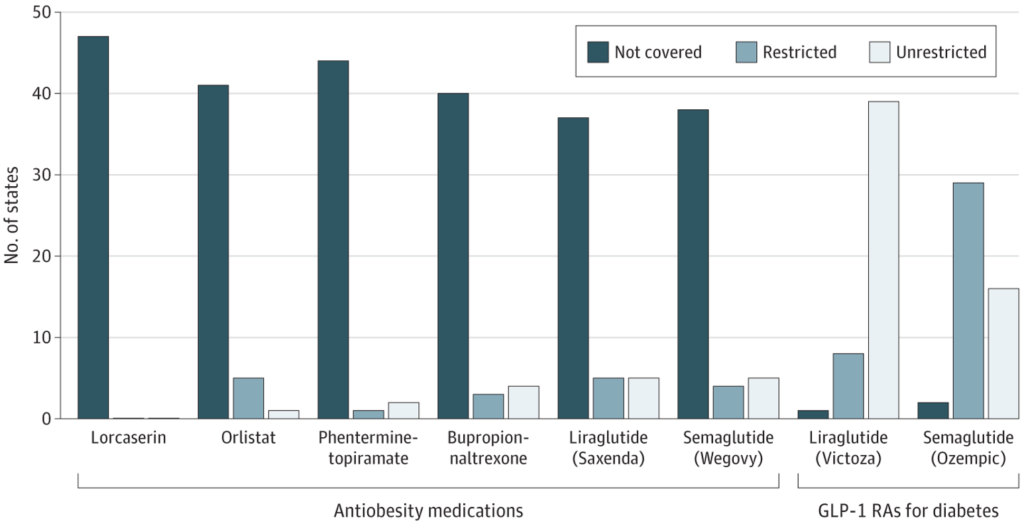Small business health insurance costs tend to creep up each year. So it’s no surprise that small business owners are always looking for ways to keep small business insurance costs down while also keeping employees happy. Offering health insurance for employees is a big determining factor in both employee satisfaction and retention, but it’s expensive! You’re probably wondering how much small business health insurance costs. We’ll break it down for you.
Small business health insurance costs
The truth is, small business health insurance costs go up every year. The unpredictability can be stressful on a budget, and it also can be hard to meet participation requirements. It’s also difficult to keep hourly, part-time or remote workers on a small group plan.
According to the Kaiser Family Foundation’s annual survey, annual premiums for health insurance topped $21,000 this year, up 4% from last year, with employees paying on average about $5,500 toward the cost of their coverage. This is largely due to inflation’s impact on health insurance costs.
If you’re looking to get off the treadmill of pricey renewals year over year and are looking for a more affordable, predictable benefits model, look no further than HRAs.
HRAs have been around for a few years now but are really gaining traction as more and more businesses catch on to the beauty of these tax-free health insurance options.
Keep small business insurance costs down
A health reimbursement arrangement allows employers to set aside a fixed amount of money each month that employees can use to purchase individual health insurance or use on medical expenses, tax-free. This means employers get to offer benefits in a tax-efficient manner without the hassle or headache of administering a traditional group plan and employees can choose the plan they want.
How it works is pretty simple. You choose a monthly budget that works for you, your employee signs up for a health plan that works for them, then you outsource the rest to an HRA administrator (like Take Command!) so you don’t have to worry about things like compliance or forms during tax time.
We often get asked if business owners have to pre-fund their account or send money to our account so we can distribute it to their employees. The answer is no to both questions—the money stays with the employer until an employee makes a claim that qualifies for reimbursement. If employees never make claims or don’t claim the full amount, the employer keeps it all!
HRA types for small businesses
ICHRA
The individual coverage HRA has several advantages over traditional group plans that may be appealing to some employers. For instance, the reimbursement model (sometimes called a “defined contribution”) gives employers greater ability to control costs and provides employees with more options to choose from.
The qualified small employer HRA allows small employers to set aside a fixed amount of money each month that employees can use to purchase individual health insurance or use on medical expenses, tax-free. Key advantages of the QSEHRA include:
While we always advise our clients to speak with their CPA before jumping in, we are ready to chat on our website if you have any specific questions about your business and how HRAs could help. We have also put together a really helpful ICHRA Guide and Small Business HRA Tax Strategy Guide.





